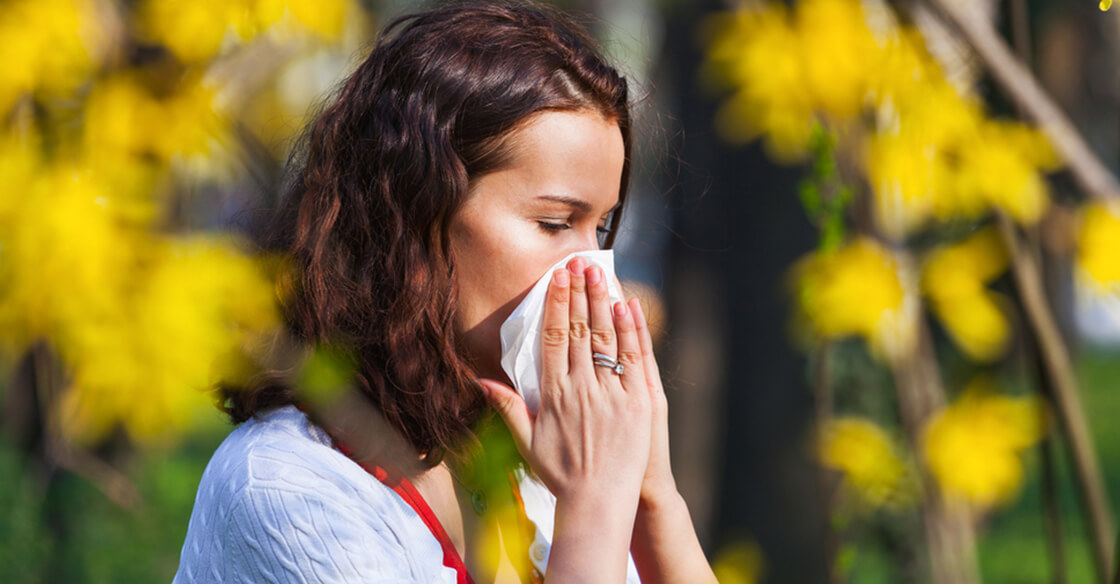How to Relieve Spring Eye Allergies

Whether it is the Santa Ana winds or any other natural occurrence that comes your way this Spring time, there’s bound to be a little shaking up of allergens like pollen and dust. Allergies tend to attack when you least expect them and there seems to be a variable understanding of their severity in relation to our individual suffering.
Eye allergies can hinder our ability to see clearly, read for long periods, and be comfortable within our everyday life, so preparing is key.
Know Your Allergen Triggers
One good way to find relief from spring time eye allergies is to be familiar with your allergen triggers. Some people go to specialized allergists and endure a full panel of needle poking or prodding to determine exactly what they’re allergic to. Some discover new things they didn’t know caused them allergies, and others confirms what they already suspected. You don’t necessarily need to go to an allergist, but if you see your allergies getting worse and affecting your eyesight or breathing, it’s recommended you seek help from a specialist in the area.
Seasonal, often spring time allergies can come along with the increase of tree pollen causing things like hay fever where symptoms include sneezing, stuffy nose, and itchy eyes. There are a few common tree types that are known to trigger seasonal allergies – if you can help it, try to avoid them:
- Oak
- Western Red Cedar
- Sycamore
- Maple
- Elm
- Birch
- Ash
- Cypress
- Walnut
- Hickory
- Poplar
Eye and Nose Spring Allergy Defense
Try to stay indoors on the days when the pollen count is high and use an air purifier or keep your A/C on and windows closed for dealing with the heat. Most of the common tree types release their pollen at the same time each year, so being prepared is your best defense.
If you must go out, there are typically higher pollen levels in the morning. The best times for outdoor activity during the allergy season are right after rains and snowfall.
But mold spores may also be the culprit of your allergy symptoms. Avoid shady, wooded areas and stick to drier paths. Some allergies may be linked to pet dander, so take preemptive action when you know you’ll be around them.
Having non-drowsy allergy medicine can be helpful for alleviating the worst symptoms, some great ones are available over the counter (OTC). The sooner your start, the more prepared your body will be to fight it. If your eyes bear the brunt of the allergy burden, eye drops may also help alleviate the itching and redness.
If your allergy symptoms are severe, visit a specialist and they may recommend a prescription medication.
Simple Allergy Defense
Always wash your hands before touching your eyes. This sounds obvious but it’s always a good reminder. Don’t trust your surroundings. Things are dirtier than you think and touching any part of your face can cause an assault on your senses.
Replace your contacts consistently and wear sunglasses or glasses more. Cleaning your contacts before and after each use is helpful for removing allergen interactions. Wearing glasses or sunglasses can offer increased physical protection from eye-related allergy symptoms
Give natural allergy remedies a shot. Oral decongestants and antihistamines can come with a host of symptoms, including headaches, sleeplessness, and rapid heartbeats. Always use caution when taking antihistamines, as drowsy versions can leave you feeling sleepy and tired.
EyeLux Optometry. Quality services. For your eyes only.
Schedule an Appointment
